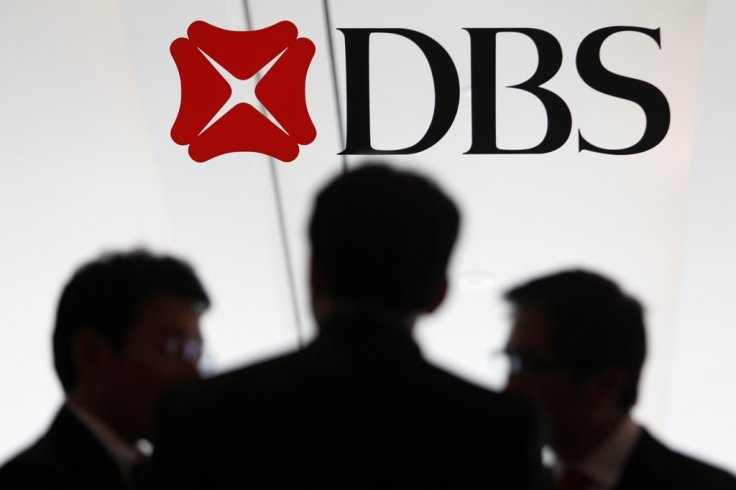
Despite their exposure to the still chaotic oil and gas sector, local banking powerhouses in Singapore are poised to have a great year ahead as their profits balloon due to rising interest rates and healthy loan growth.
In a sector report, DBS Group Research analyst Lim Sue Lin said asset quality issues at UOB and OCBC would have already been settled by the end of 2017.
Lim said there would likely be another large NPL classification in UOB's 4Q17 results but this should mark the end of massive asset quality upsets for the bank.
Also Read: Singapore: JobTech site to be relaunched on Jan 8 with new skills maps
"Further improvement in NIM (net interest margin) and more importantly, a pickup in loan growth due to the recovery of the property market should support earnings strongly," Lim said.
In terms of shares, Lim said UOB's were underpinned by the recovery in the property market given. This is no surprise as UOB has the largest proportion of property-related loans amongst local players.
On the other hand, Lim noted that OCBC has already established enough provisions and successfully dealt with its asset quality problems related to the oil and gas sector.
Given OCBC's strong wealth management and insurance operations, the analyst projects the bank to still have a strong differentiator of growth against its peers.
In a report on Business Times, RHB Securities analyst Leng Seng Choon stated that the recent uptick in the three-month Singapore Interbank Offered Rate (Sibor) could potentially expand NIMs and increase loans for the three local banks.
Leng said the robust Q4 gross domestic figures could also lead corporates in relevant sector to start pouring in more investments.
"The outlook for 2018 loans growth remains bright, with their [the banks'] managements guiding for middle to high single-digit loans growth. Recent activity in residential property en bloc sales is a contributor to loans expansion," the RHB analyst said.
However, Leng said even with this positive signs, these local banks would still bear rising non-performing loan rations as their oil and gas asset qualities continue to deteriorate.
"Although crude oil prices have strengthened over the past few months, [the banks'] managements are of the view that oil and gas support service firms are likely to face pressure from low charter rates and excess systemic capacity. Hence, this segment could see asset quality deterioration," Leng noted.








